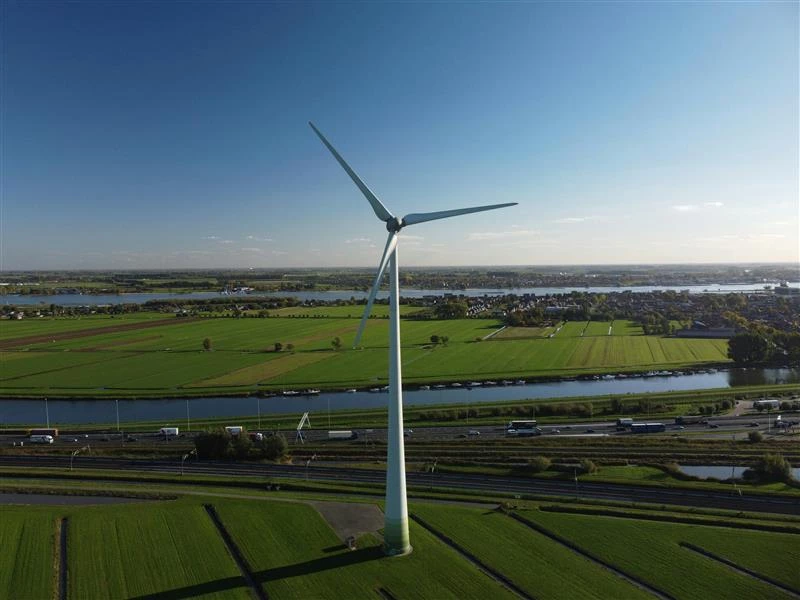Smart technology has had a significant impact on India's services sector, transforming various industries and enabling new opportunities for growth and efficiency. According to recent reports, higher demand, client wins, and favorable market dynamics are driving the increased output in the industry’s services sector. Across healthcare, transportation and logistics, banking and finance, and the digital economy, smart technology is seeing an uptick in adoption in India’s services sector.
Digital transformation in India’s services industry can be seen in the integration of smart technology by key players in the country’s business landscape. Technology innovation has always been a significant driver in the industry, with each new generation of technology bringing changes expected to increase efficiency and drive growth. However, what sets this period apart is the remarkable fragmentation and speed of innovation. Technologies like cloud computing, artificial intelligence (AI), 5G, and the Internet of Things (IoT) are distinct and profoundly impactful components of India’s digital technology landscape.
Applications of Smart Technology Adopted in India’s Services Sector
AI is initiating another business model shift by transforming the nature of services delivered to clients and automating internal operations. To learn more about the impact of smart technology on India’s services industry, here are some ways that various industries have adopted new technologies for their operations:
- E-commerce: Smart technology has revolutionized India's e-commerce industry. Platforms like Amazon, Flipkart, and Snapdeal have leveraged advanced analytics, machine learning algorithms, and personalized recommendations to enhance customer experiences, increase sales, and streamline supply chain management. The adoption of smart warehousing and logistics solutions has improved operational efficiency and reduced delivery times.
- Fintech: The integration of smart technology in the financial sector has led to the rise of fintech companies in India. Digital payment platforms such as Paytm, PhonePe, and Google Pay have transformed how people make transactions, fostering financial inclusion and reducing reliance on cash. Smart algorithms and data analytics have also facilitated credit scoring, loan disbursement, and risk assessment, making financial services more accessible to a broader population.
- Healthcare: Smart technology has played a significant role in India's healthcare sector. Telemedicine platforms and mobile health applications have made healthcare services more accessible, especially in rural areas with a shortage of doctors. IoT devices and wearable technology have enabled remote patient monitoring, real-time data collection, and proactive healthcare interventions.
- Transportation and logistics: Smart technology has improved efficiency and effectiveness in transportation and logistics. Ride-hailing services like Uber and Ola Cabs have transformed urban transportation, providing convenience and reducing congestion. Smart logistics solutions employing data analytics, GPS tracking, and route optimization algorithms have enhanced supply chain management, leading to cost savings and faster delivery.
- Tourism and hospitality: Integrating smart technology in the tourism and hospitality industry has enhanced customer experiences. Online travel portals and mobile applications provide real-time information, booking options, and personalized recommendations. Hotels are adopting smart systems for room automation, keyless entry, and personalized services, increasing operational efficiency and guest satisfaction.
- Customer service: Smart technology has improved customer service in various sectors. Chatbots and virtual assistants powered by AI and natural language processing (NLP) provide instant support and resolve customer queries. This technology has enabled businesses to provide round-the-clock assistance, reduce response times, and handle a large volume of customer interactions effectively.
Enhancing Customer Experiences Through Smart Technology
The rapid development of technology innovation, macroeconomic cycles, and business model shifts are causing significant changes in India’s services industry, presenting opportunities for disruption and transformation. Smart technology enables Indian businesses to deliver personalized and seamless customer experiences. Companies can gather insights about customer preferences, behaviors, and needs through data analytics, AI, and machine learning. This information can be used to offer personalized recommendations, targeted promotions, and tailored services, ultimately enhancing customer satisfaction and loyalty. In addition, the growth of digital payment solutions like mobile wallets, contactless payments, and UPI-based transactions have made financial transactions more convenient and secure. This has immense potential in the services sector, facilitating smooth payments for consumers.
Smart technology generates vast data, which can be analyzed to gain valuable insights and make data-driven decisions. Businesses can leverage data analytics to understand market trends, customer behaviors, and operational performance. This enables companies to identify new opportunities, optimize service offerings, and improve overall business strategies. The pace of technological advancements, the impact of macroeconomic events, and the evolving nature of business models are shaping the future of India’s services industry.
To get insight into industry trends across Asia that businesses can leverage, subscribe to our newsletter here and check out these reports:







